‘Three-parent babies’: the science behind groundbreaking new procedure
Aim is to prevent children from inheriting incurable mitochondrial illnesses
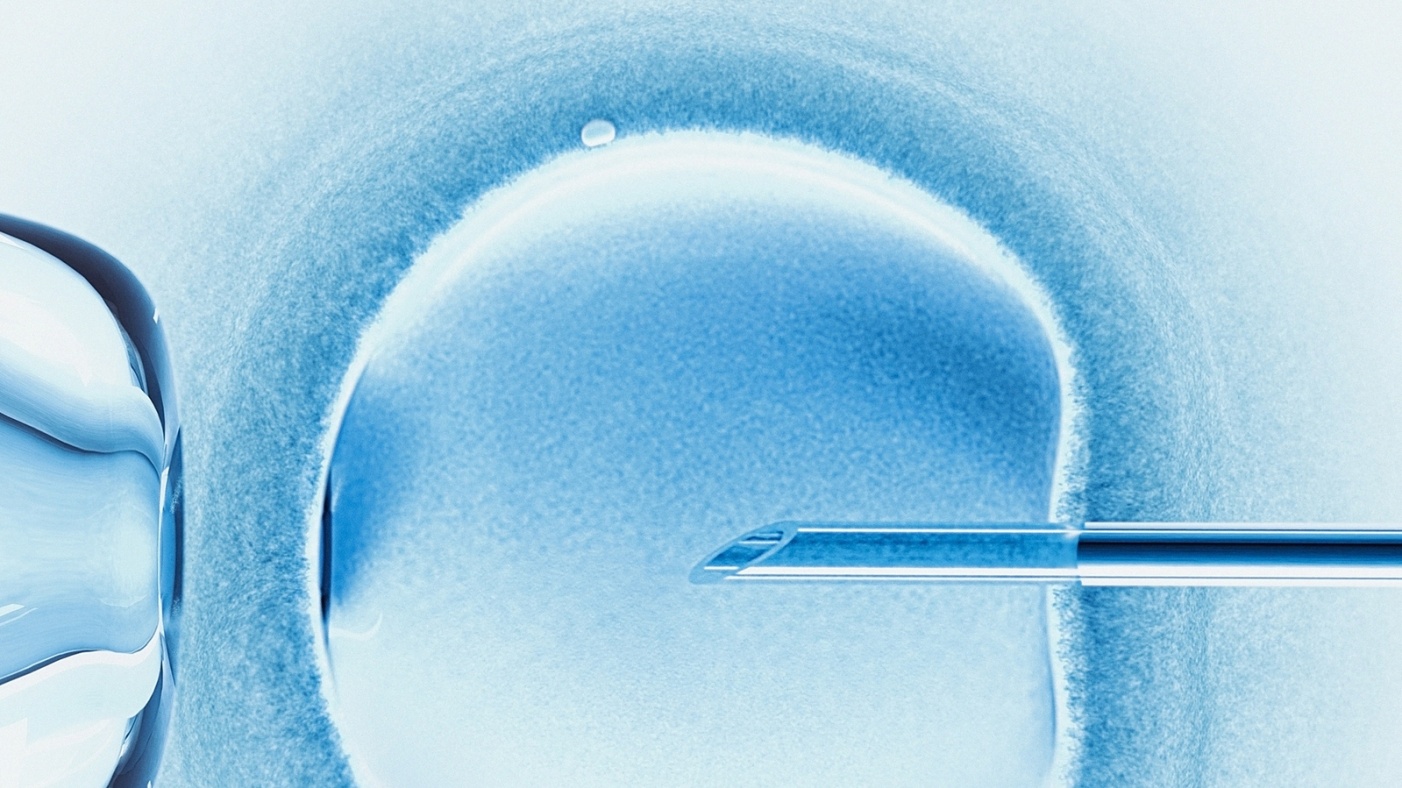
A free daily email with the biggest news stories of the day – and the best features from TheWeek.com
You are now subscribed
Your newsletter sign-up was successful
At least one baby with three genetic parents has been born in the UK after doctors performed a “groundbreaking” IVF procedure that has the potential to prevent children from inheriting incurable illnesses.
Known as mitochondrial donation treatment (MDT), the technique uses healthy female donor eggs’ tissue to create in vitro fertilization (IVF) embryos that are free from harmful mutations that can be transmitted only down the maternal line. The embryos are implanted into the mother’s womb and contain the biological parents’ sperm and egg, as well as a small amount of genetic material – around 37 genes – from the donor.
The process has led to the term “three-parent babies”, said The Guardian, although “more than 99.8% of the DNA in the babies comes from the mother and father”.
The Week
Escape your echo chamber. Get the facts behind the news, plus analysis from multiple perspectives.

Sign up for The Week's Free Newsletters
From our morning news briefing to a weekly Good News Newsletter, get the best of The Week delivered directly to your inbox.
From our morning news briefing to a weekly Good News Newsletter, get the best of The Week delivered directly to your inbox.
A freedom of information request by the paper to the Human Fertilization and Embryology Authority (HFEA) revealed that fewer than five babies have been born in the UK using this technique. No further details on the births or number of babies born using this technique were given, to protect the identities of the patients.
How does MDT work?
Research on MDT has been pioneered by doctors at the Newcastle Fertility Centre, which became the first and only UK clinic to perform MDT in 2018, after the government passed laws to permit the procedure in 2015. But only now has the HFEA confirmed that the technique has led to “less than five” successful births in the UK.
The “Newcastle process” has a number of steps, said The Guardian. Initially, sperm from the father is used to fertilise eggs from the mother and a “healthy” female donor. The nuclear genetic material from the donor’s egg is then removed and replaced with that from the couple’s fertilised egg.
“The resulting egg has a full set of chromosomes from both parents, but carries the donor���s healthy mitochondria instead of the mother’s faulty ones,” the paper continued. This egg is then implanted into the womb of the mother.
A free daily email with the biggest news stories of the day – and the best features from TheWeek.com
Why is MDT so important?
The procedure aims to prevent children from being born with “devastating” mitochondrial diseases, said the BBC. Mitochondria are “the tiny compartments inside nearly every cell of the body that convert food into useable energy”.
Genetic mutations can cause mitochondria to fail to produce the energy needed by cells and organs, which can result in severe disease. These are often “incurable”, the broadcaster reported, and can be “fatal within days or even hours of birth”.
Some families have lost multiple children to mitochondrial illnesses, and MDT is seen as “the only option for them to have a healthy child of their own”.
The newly reported UK births are not the first in the world made possible by MDT. New Scientist reported in 2016 that a Jordanian woman had given birth to a so-called three-parent baby after being treated by a US-led team in Mexico.
The woman carried mitochondrial mutations that caused Leigh syndrome, a fatal disorder affecting the developing nervous system that claimed the lives of her first two children. One died at the age of six, while the other lived for only eight months, and the woman also suffered four miscarriages.
What are the risks?
The procedure appears to be a promising solution for women with mitochondrial mutations who want to have genetically related children without the risk of passing on disorders, but it is not without risks.
Research from the University of Oxford following the 2016 birth suggested that in some cases, the tiny number of abnormal mitochondria carried over from the mother’s egg to the donor egg can multiply when the baby is in the womb.
“So-called reversion or reversal could lead to a disease in the child,” The Guardian reported.
“The reason why reversal is seen in the cells of some children born following MRT procedures, but not in others, is not fully understood,” Dagan Wells, a professor of reproductive genetics at Oxford who took part in the research, told the paper.
There are alternative options for women who carry mitochondrial mutations. They can adopt or have IVF with a donor egg to avoid passing on disorders.
Alternatively, they can have their IVF embryos screened for mitochondrial mutations to reduce the risk of passing on disorders. But although effective in many cases, “this reduces the risk rather than removing it completely, and it cannot help when all of the embryos a woman produces have highly mutated mitochondria”, added The Guardian.
-
 Political cartoons for February 15
Political cartoons for February 15Cartoons Sunday's political cartoons include political ventriloquism, Europe in the middle, and more
-
 The broken water companies failing England and Wales
The broken water companies failing England and WalesExplainer With rising bills, deteriorating river health and a lack of investment, regulators face an uphill battle to stabilise the industry
-
 A thrilling foodie city in northern Japan
A thrilling foodie city in northern JapanThe Week Recommends The food scene here is ‘unspoilt’ and ‘fun’
-
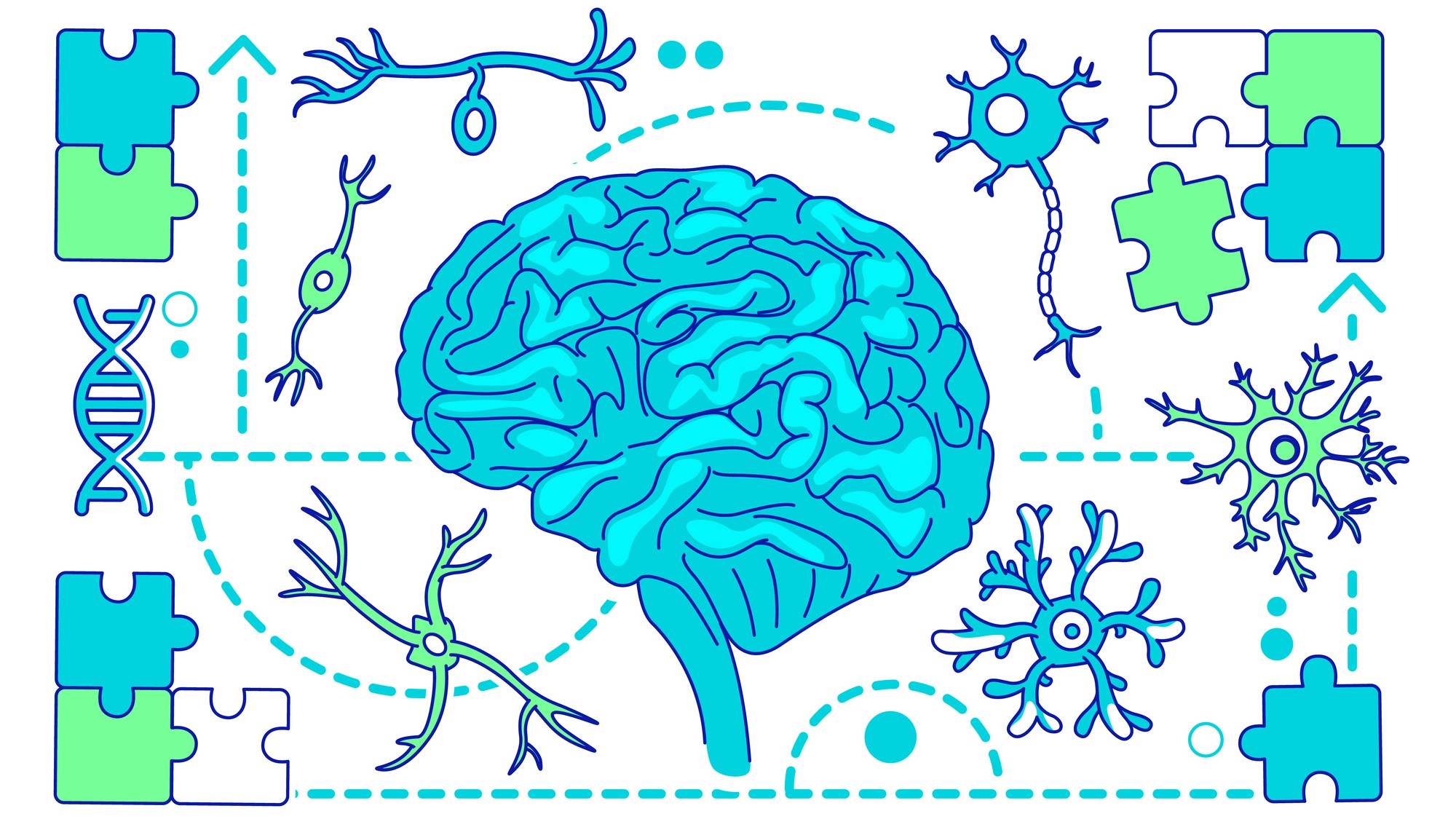 Human evolution may be responsible for autism rates
Human evolution may be responsible for autism ratesUnder the radar Neurodiversity and a complex brain may go hand in hand
-
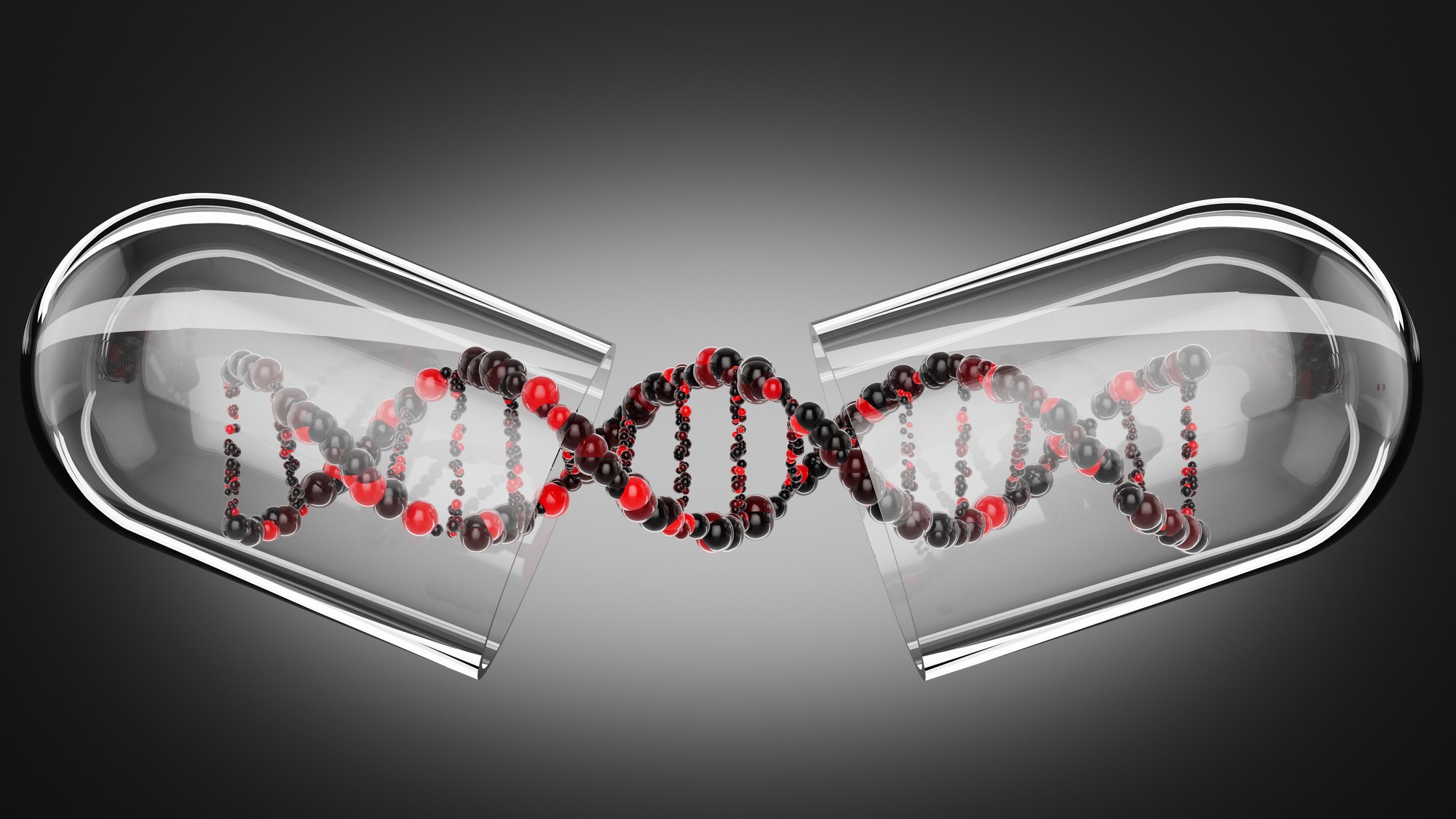 Scientists are speeding up evolution
Scientists are speeding up evolutionUnder the radar Proteins can evolve in minutes
-
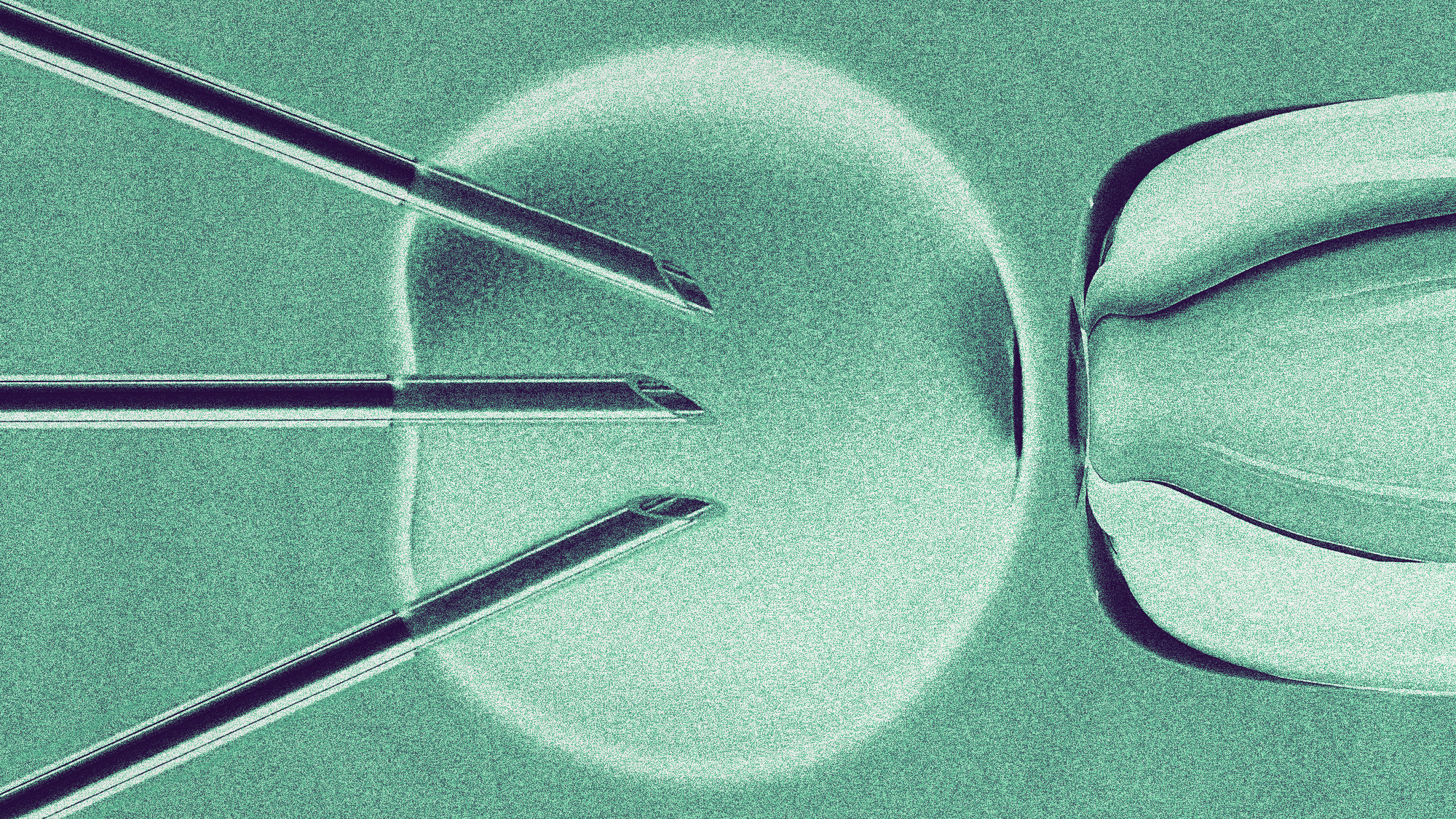 Babies born using 3 people's DNA lack hereditary disease
Babies born using 3 people's DNA lack hereditary diseaseUnder the Radar The method could eliminate mutations for future generations
-
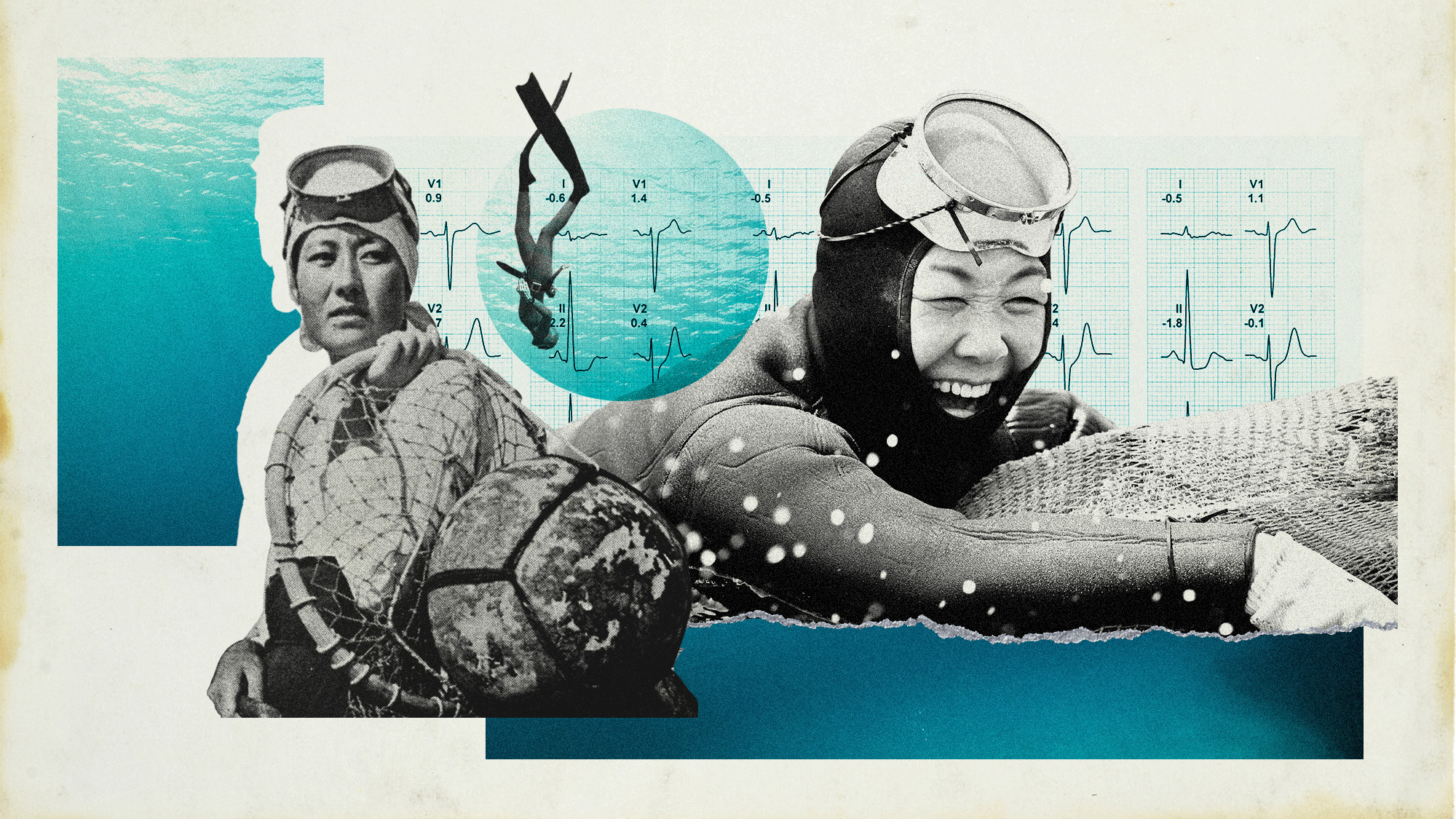 The genetic secrets of South Korea's female free-divers
The genetic secrets of South Korea's female free-diversUnder The Radar Unique physiology of 'real-life mermaid' haenyeo women could help treat chronic diseases
-
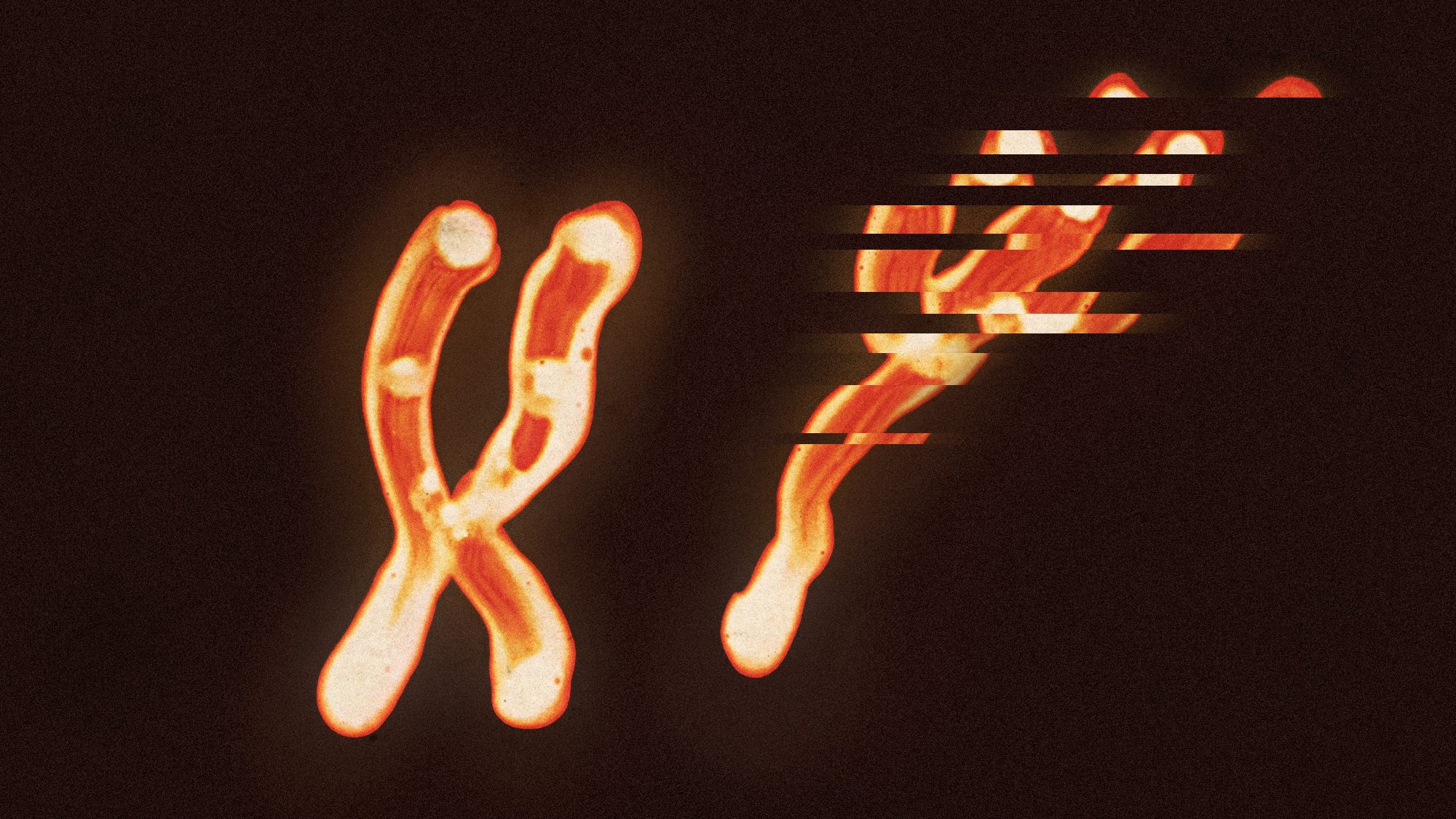 The Y chromosome degrades over time. And men's health is paying for it
The Y chromosome degrades over time. And men's health is paying for itUnder the radar The chromosome loss is linked to cancer and Alzheimer's
-
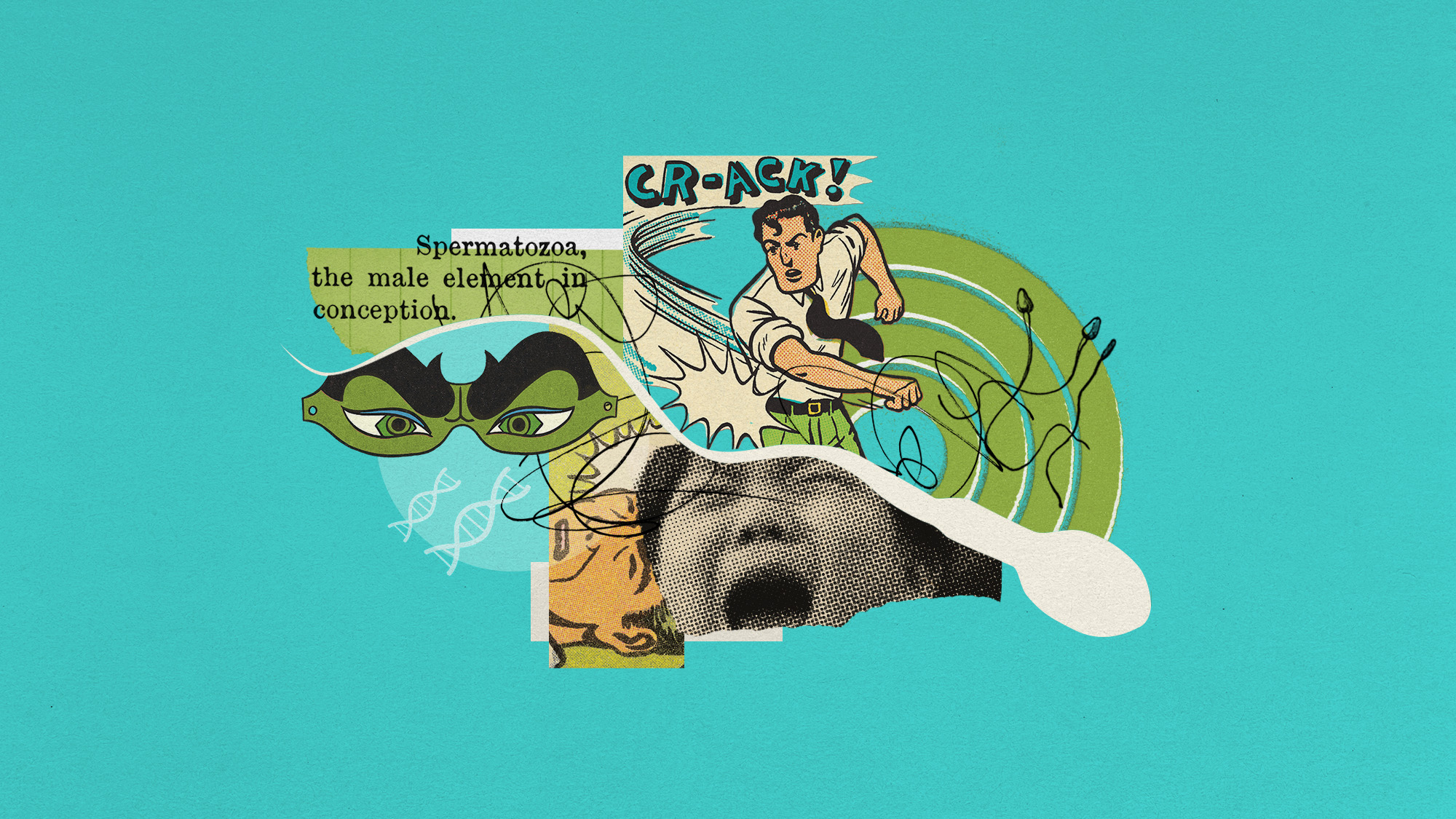 Sperm cells can carry past trauma in their DNA
Sperm cells can carry past trauma in their DNAUnder the radar Your parent's past may be affecting your future
-
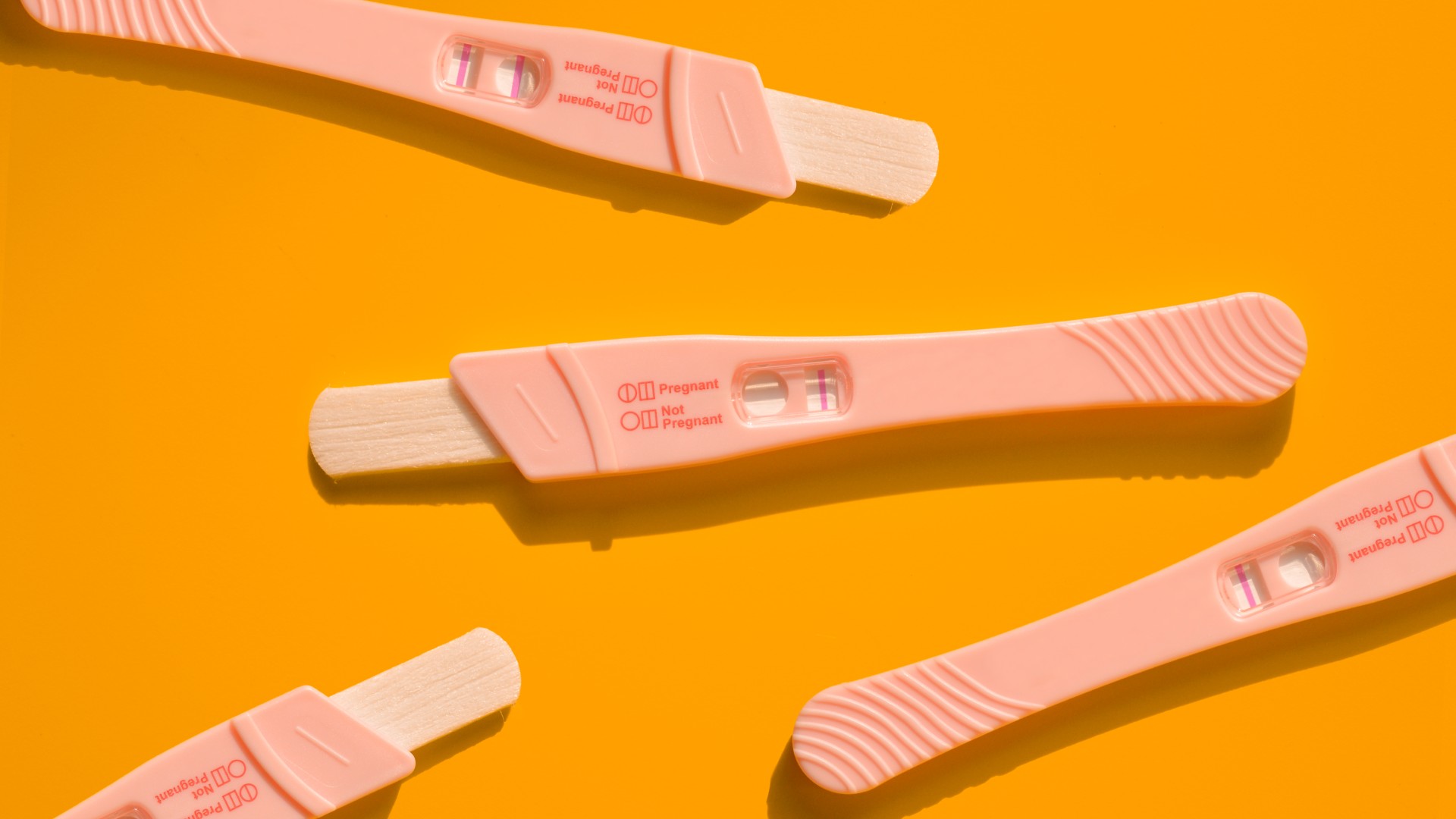 IVM is a better treatment than IVF for some women
IVM is a better treatment than IVF for some womenThe Explainer A less painful, less costly option for treating infertility emerges
-
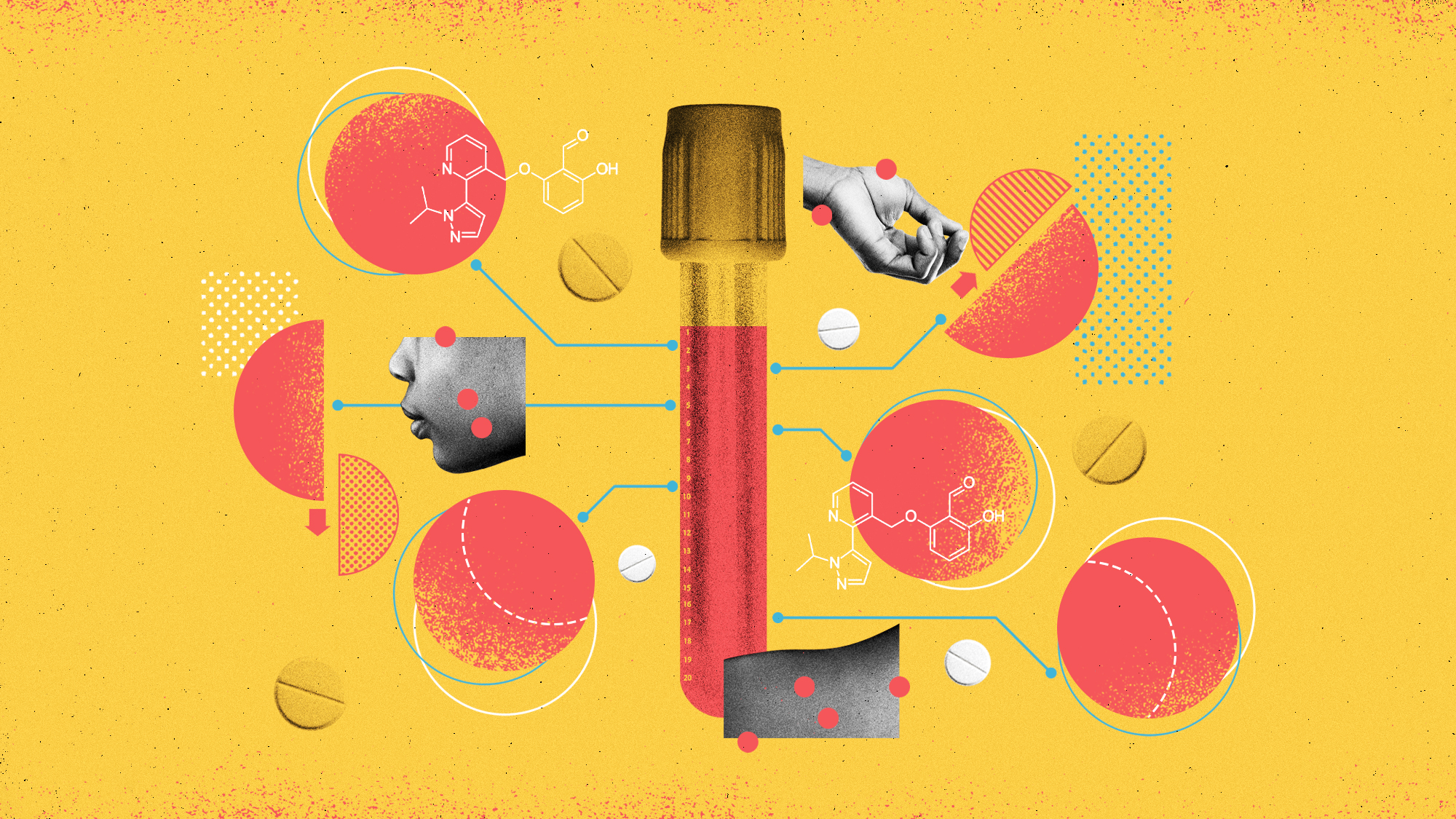 What is sickle cell anaemia?
What is sickle cell anaemia?The Explainer The UK has approved the use of a new drug to treat a disease that predominantly affects people of colour